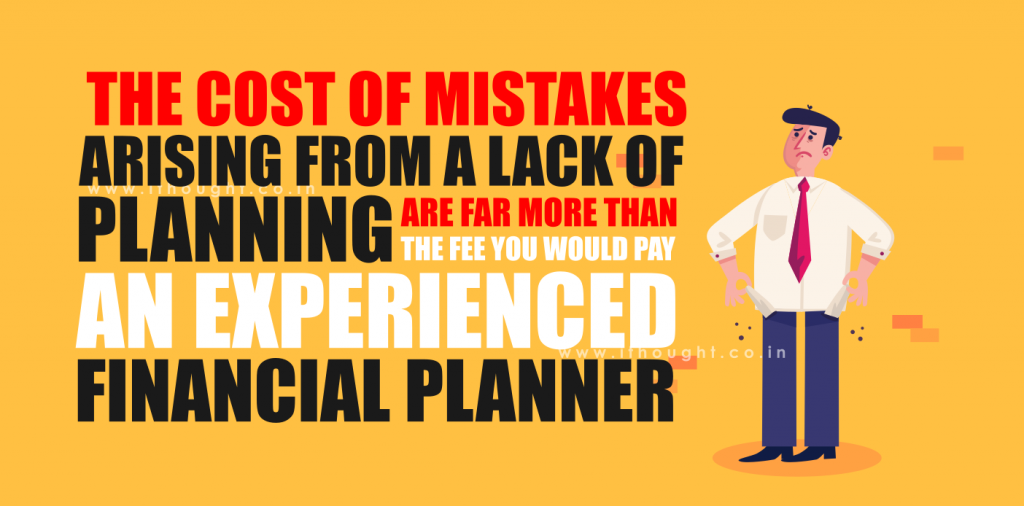
The pandemic may cause layoffs and unemployment to spread well beyond the services industry. Money becomes a huge source of anxiety for anybody bogged down with financial responsibilities. How do you deal with the very real challenges of financial anxiety?
Financial Anxiety & Stress
Watching your bank balance dwindle, your debt mount, and your portfolio flash red is unsettling. Add a layoff or loss of pay into this mix and you have the recipe for financial anxiety. These factors could quickly derail your financial journey. Stressing over a job loss or a significant decline in wealth can cause financial anxiety. In no time, you go from wondering about retirement to worrying about settling your monthly bills.
Solving Money Worries With A Financial Advisor
There is no option but to soldier on through tough times. Financial anxiety is a hotbed for costly impulsive decisions. When you are rattled by debt, lower-income, and an anaemic portfolio, mental exhaustion kicks in. No matter how bleak your situation looks, your money worries can be resolved.
At some point, you need to seek help. A support system can help weather the storm better. You need more than a stop-gap solution to combatting your financial fears. This is where professional guidance makes a significant difference. The costs of mistakes arising from a lack of planning are far more than the fee you would pay an experienced financial advisor or planner.

Simply knowing what should be done eases financial anxiety. There is comfort in working to a plan. Your financial planner will evaluate your goals and prepare a road map to get there. The pandemic is a good reminder that we never know what lies ahead. Planning is a process that requires review, readjustment, and finetuning. The best way to react to the unknown is to revisit your financial plan and make necessary changes. And if you don’t have one yet there’s no time like the present.
Irrational Financial Anxiety
Some people worry about money all the time. They have successful careers, substantial liquid wealth, and sufficient insurance. Yet, they only focus on the negatives. They check their portfolios every day. They compare returns with friends and family. They reflect on lost opportunities. They frequently switch investments without looking at the big picture.
This habit must be broken for the sake of better financial and mental health. Anybody with financial anxiety is either paralysed into inaction or reacts with panic. Neither of these attitudes serves well for wealth creation. A financial plan anchors you to a course of action. One is less likely to be swayed by reckless irrationality when there is a financial plan in place.
Common Mistakes During Financial Crisis
Financial insecurity corners you into making bad financial decisions. Here are some common mistakes to avoid during a financial crisis:
Emotional Investing
During a market meltdown, the instinctive reaction is to put investing on hold. In this market context, meeting financial goals is a challenge. A financial planner can guide you through course corrections. Reviewing and rebalancing asset allocation is prudent. The best way to navigate a stormy market is through asset allocation. A financial planner empowers you to make informed decisions about your asset allocation. A well-constructed asset allocation strategy encourages you to stay the course.
This is not the time to jump out of the market. If you are saving towards a long-term goal, this is just a blip in your journey. You will witness all kinds of market swings in this journey. Avoid making changes based on short-term market events.
Living Without An Emergency Fund
What would you do if you are blindsided by unexpected expenses? If your solution is to borrow, you need to rethink your financial strategy. Building an emergency fund can save you from catastrophes. During periods of financial stability (a successful career and regular income), money seems like no big thing. You can spend freely. But, in tough times, money has a whole new meaning. Regardless of what situation you are in, saving always comes first. In a financial crisis, the comfort of savings provides financial security.
Ineffective Money Management
Often, retrospect shows us how much money was spent frivolously. We allow debt to finance major purchases. We cave in to impulse purchases. And every tiny action adds to the financial stress. The cracks begin to show much later.
A budget is your best friend. It needn’t be stringent, but it should expose your spending patterns. Physically writing down your budget makes you more conscious of your money choices. Finding ways to save a little bit extra every month is the way to get ahead. A little bit of planning and a few hours of detailed research result in satisfying purchases. Map your savings to your goals and you’re bound to have what you want.
Don’t let financial anxiety affect the quality of your financial decisions. Sleep better at night with a solid financial plan.